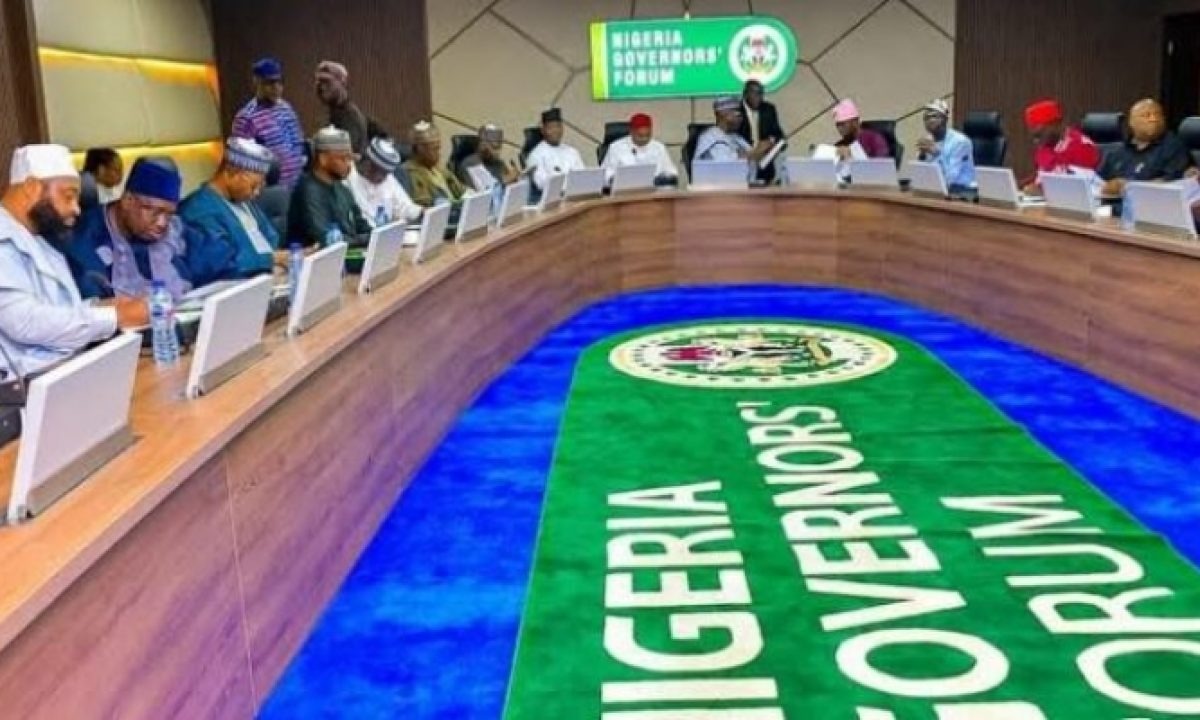A group, the Citizens Network for Peace and Development in Nigeria (NPDN), has faulted the Nigeria Governors Forum (NGF)’s VAT sharing formula for states in the proposed Tax Reform Bill. The group in its communique issued on the proposed bill at the end of its citizen’s engagement on Friday in Abuja, said that the NGF’s …

